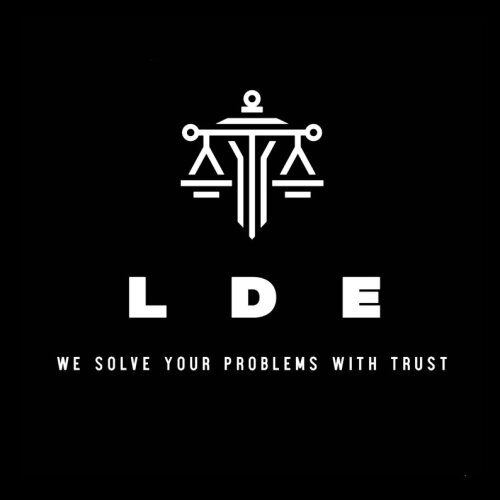Best Government Contract Lawyers in Lahore
Share your needs with us, get contacted by law firms.
Free. Takes 2 min.
List of the best lawyers in Lahore, Pakistan
About Government Contract Law in Lahore, Pakistan
Government Contract Law in Lahore, as in the broader context of Pakistan, refers to the legal framework that guides the procurement of goods, services, or construction projects by governmental entities. It is controlled primarily by the Public Procurement Regulatory Authority Act 2002 (PPRA). Appropriate implementation of government contracts has a substantial influence on the country's governance and financial management, adding to its importance.
Why You May Need a Lawyer
There might be various situations where you would require legal help with government contracts. It may include contesting a government tender, drafting and reviewing contracts, resolving disputes regarding government contract performances or breaches, and ensuring compliance with local and federal statutes. If you’re a contractor or vendor bidding for a government contract or already involved in one, professional legal advice could help you understand complex regulations, protect your rights and interests, and avoid potential legal problems.
Local Laws Overview
The Public Procurement Regulatory Authority Act 2002 and its accompanying regulations constitute the primary legal foundation for government contracts in Lahore, Pakistan. This legal framework aims to ensure transparency, competition, and quality in procurement processes. The PPRA rules outline specific procedures for tender notices, bidding process, bid evaluation, contract awarding, and resolution of disputes. Violations of these rules may lead to penalties or disqualifications. Other laws such as contract law, civil law, or criminal law may apply depending on the specific issue at hand.
Frequently Asked Questions
What rights do I have as a bidder in a government contract?
As a bidder, you have the right to fair and equal treatment. You also have the right to appeal if you believe the procurement process was biased or violated the PPRA rules.
Can the government terminate a contract without a reason?
The government generally has the right to terminate contracts for its convenience, but it can’t do so in bad faith or in violation of the terms of the contract.
Can I sue the government if the contract violates?
Yes, legal avenues are available for contractors to sue the government for alleged contract breaches or unlawful conduct.
What happens if I violate the terms of a government contract?
Breaching a government contract can result in severe consequences, including financial penalties, contract termination, and disqualification from future contracts.
What should I consider before bidding for a government contract?
You should consider the requirements of the tender, your capacity to fulfill the contract, your compliance with legal regulations, the potential risks and benefits, and consult legal advice if necessary.
Additional Resources
The Public Procurement Regulatory Authority (PPRA) is the significant governmental body overseeing government contract law in Pakistan. Their website provides comprehensive resources, including laws, regulations, and guidelines related to government contracts. It also offers frequent updates on tender notices and bidding opportunities. NGOs like Transparency International Pakistan can also provide help through their advocacy for fair procurement practices.
Next Steps
If you need legal assistance in government contracts, the first step is to consult with an experienced lawyer familiar with this area of law. Lawyer’s specialized in government contract law can help you navigate through the complex bidding procedure, contractual matters and regulations. It’s also essential to stay updated on local procurement opportunities and laws through resources like the PPRA website. Always make sure to understand the terms and conditions before engaging in any contractual obligations.
Lawzana helps you find the best lawyers and law firms in Lahore through a curated and pre-screened list of qualified legal professionals. Our platform offers rankings and detailed profiles of attorneys and law firms, allowing you to compare based on practice areas, including Government Contract, experience, and client feedback.
Each profile includes a description of the firm's areas of practice, client reviews, team members and partners, year of establishment, spoken languages, office locations, contact information, social media presence, and any published articles or resources. Most firms on our platform speak English and are experienced in both local and international legal matters.
Get a quote from top-rated law firms in Lahore, Pakistan — quickly, securely, and without unnecessary hassle.
Disclaimer:
The information provided on this page is for general informational purposes only and does not constitute legal advice. While we strive to ensure the accuracy and relevance of the content, legal information may change over time, and interpretations of the law can vary. You should always consult with a qualified legal professional for advice specific to your situation.
We disclaim all liability for actions taken or not taken based on the content of this page. If you believe any information is incorrect or outdated, please contact us, and we will review and update it where appropriate.
















